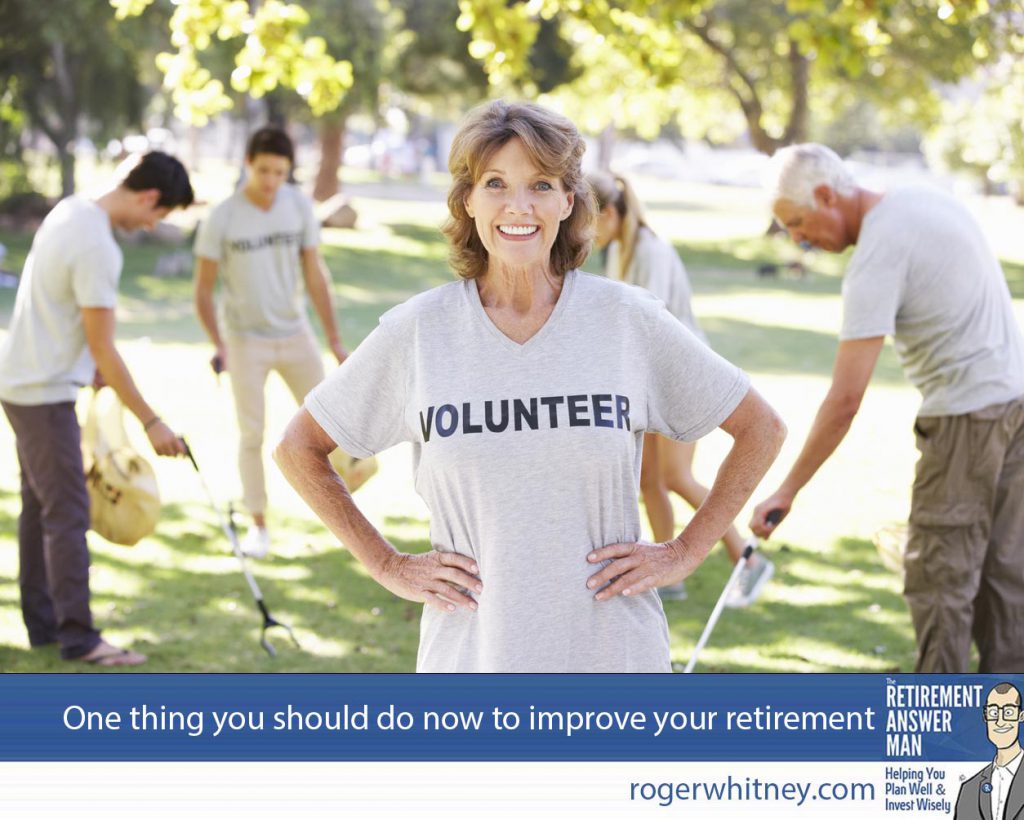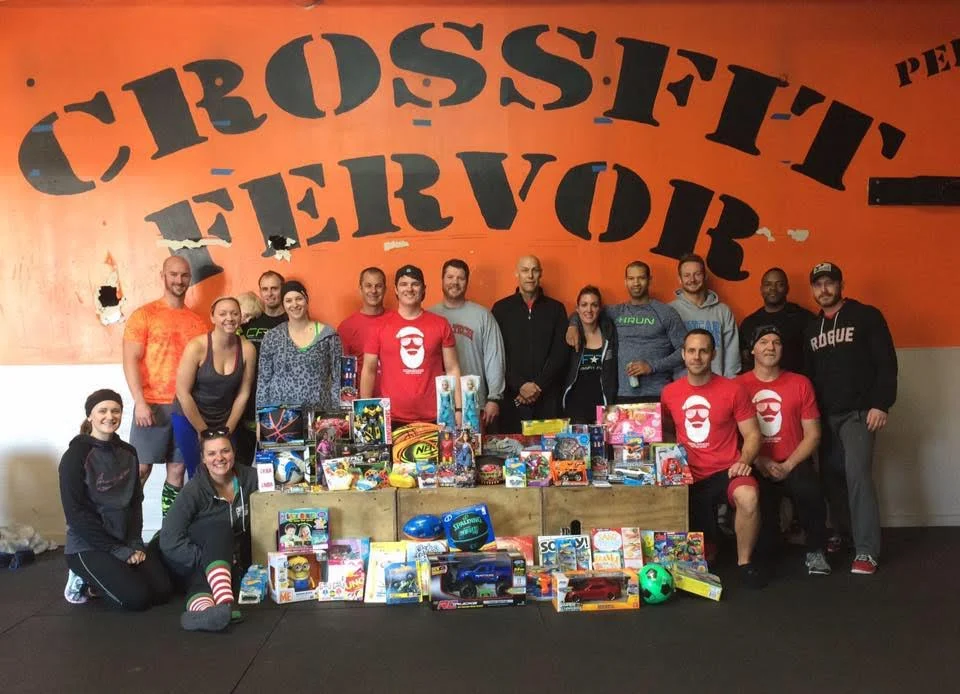One thing to do now to improve your social life in retirement
Quick—what will you miss most about work when you retire?
Guessing it isn’t the paperwork.
I want to discuss a mental switch that flips after people retire. Something they didn’t realize that they’d miss, necessarily.
A recent study asked people what they would miss most about retirement. About 38 percent of people said they’d miss reliable income more than anything. Another 17 percent predicted they’d miss their social connections.
However, when asked what they missed most about working after retirement, the two metrics swapped places. While in retirement, only 29 percent said they missed the reliable income. Meanwhile, 34 percent of retirees said they missed their social connections from work.
Surprised? I kind of knew this intuitively from working with clients, but to see it spelled out so plainly surprised even me.
Confessions of an empty nester
The last of my children recently flew the coop, leaving me and my wife Shauna as empty nesters.
Weird, that.
I found myself complaining to Shauna about how quiet life had gotten and how we didn’t really have any friends outside of work.
The fact is, for Shauna and I and most people pre-retirement, social connections are forged around work and family. You get to know someone and build a relationship with them because you happen to be working with them or living with them. Spending that much time with anyone tends to lead to friendships.
Yet whining about not having friends outside of work doesn’t do any good.
So I decided I needed to get proactive about finding new friendships to create a more meaningful retirement where I don’t regret leaving my social connections behind.
Cross training for your social life
I don’t belong to a book club. I don’t attend church regularly. And I don’t really have friends outside of work—maybe because of some of those omissions.
So after my epiphany with Shauna, I did something crazy. I joined CrossFit. If you’re not familiar with CrossFit, they brand themselves as a strength and conditioning program for police, military, and athletes.
I’m a financial planner. You do the math.
For a while, this was a scary place to be. I felt like a total outsider. An interloper.
Even so, people there welcomed me in, kept encouraging me, and went out of their way to connect with me on a social level.
For the first time in a long time, I felt like I had some positive relationships outside of work and family. It took some time to break through the bonds of shared experience until I became part of the shared experience, but now CrossFit is a big part of my social life.
I have three or four great friends from CrossFit and a lot of friendly acquaintances.
In short, my future retirement landscape may be changed forever. It’s possible I won’t be the guy that misses the social connections, because I have backups I earned by going out on a limb
Be willing to interlope
It’s my career goal—my purpose in this world—to change the concept of retirement. People too often see it not as the golden years, but as the olden years. The years where everything good in your life slowly disappears.
But I want you to know that if you are willing to be an interloper, you’ll soon find you can eventually fit in and welcome the next interloper to the club.
I don’t want you to be the retiree who looks back at work wishing they could still have the friendships you created there. You don’t want it either.
So here’s what you need to do: find a hobby or place to belong that will connect you to lifelong friends. For me, that was CrossFit. You might not be so masochistic.
Because of that, I’ve compiled a few other ideas that you might want to noodle on for your social life.
Join a club
Even if your knees don’t like CrossFit, plenty of other clubs can tone down the intensity while still fostering friendships for your retirement. Chess clubs, breakfast clubs, golf clubs, card clubs, car clubs, and more come to mind off the top of my head. Meetup.com is a great place to find people meeting around an individual thread of life in your area.
Go to church
If you’ve got a belief system, church, synagogue, mosque or whatever you want to call it is a great place to find friends and social support.
Volunteer
Non-profits like volunteermatch.com and justserve.org may connect you to both social connections and a new purpose in your retirement. Use them.
Get social (media)
One of my clients stumbled into Facebook after retiring and started commenting on her old friends’ posts. Soon, the reminiscing friends had organized annual get-togethers. The retiree demographic uses Facebook completely different than the friend-amassing 14-year-olds out there.
Get a job
Whoa. Did I just say that? I feel like I’m talking to my teenagers again.
Yep. You don’t have to do the same high-level work you used to. But maybe you’ll find, like a third of retirees, that you miss work enough to go back. If you’re still working—even if it is in a different field—you’ll foster new friendships for your retirement.
Stay in the social game
Too many retirees miss work because they don’t work on friendships outside of work. Whether it’s CrossFit or a volunteer opportunity, I challenge you to find a social life that will extend into your retirement and create golden years out of your olden years.
Question of the week:
Have you considered the social component of retirement? What have you done to get your life ready socially for retirement?



